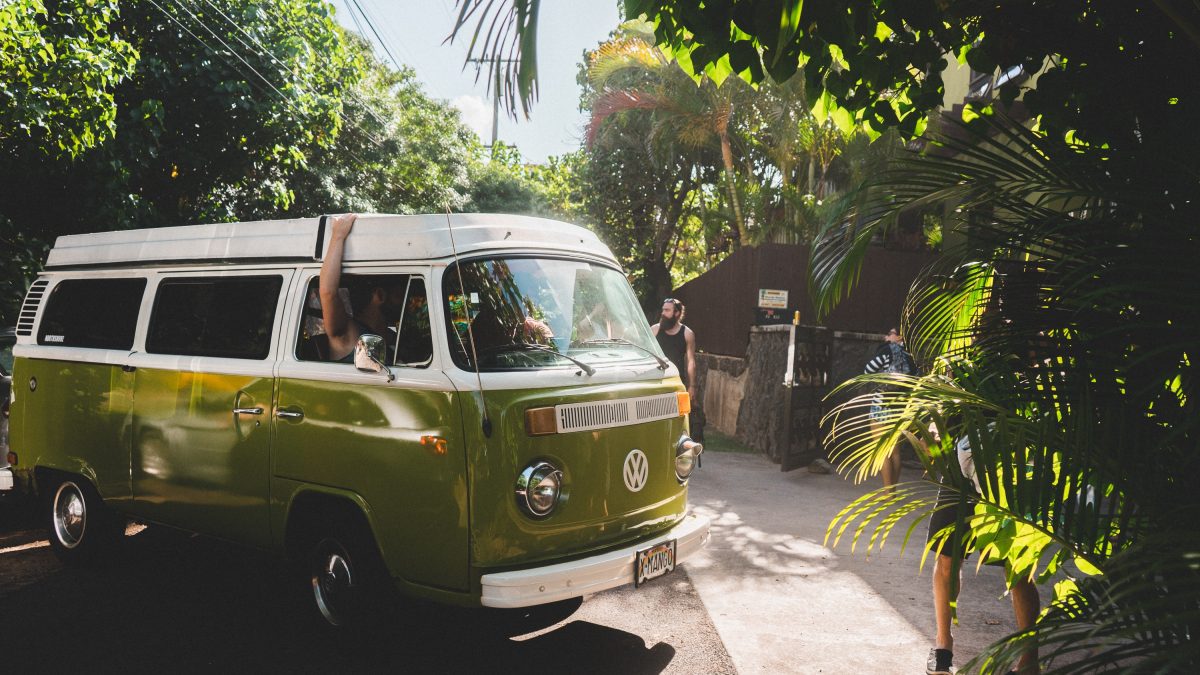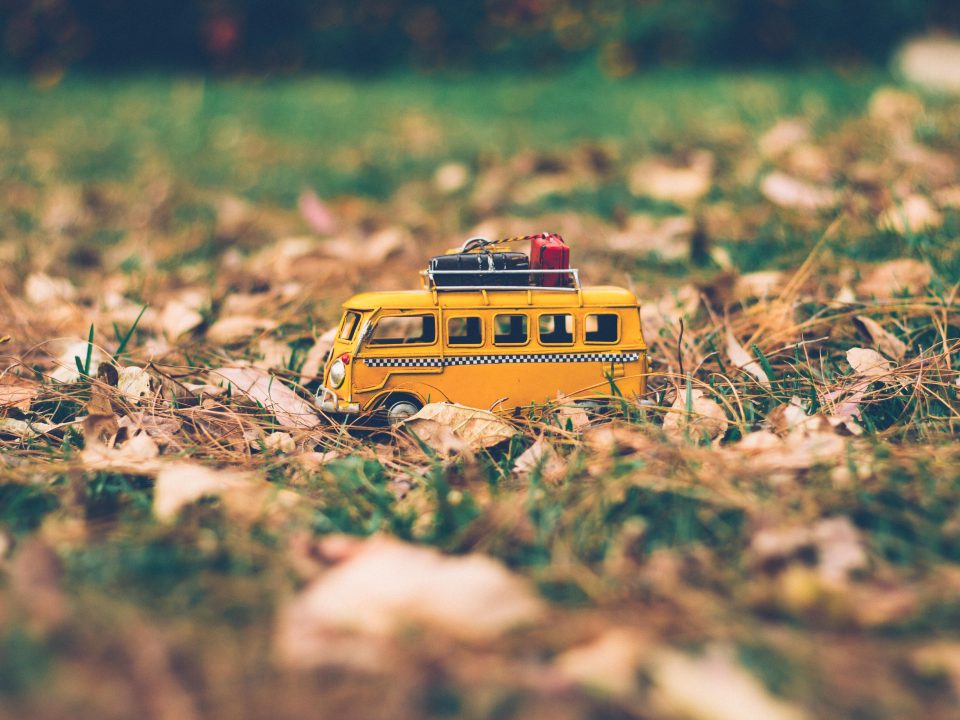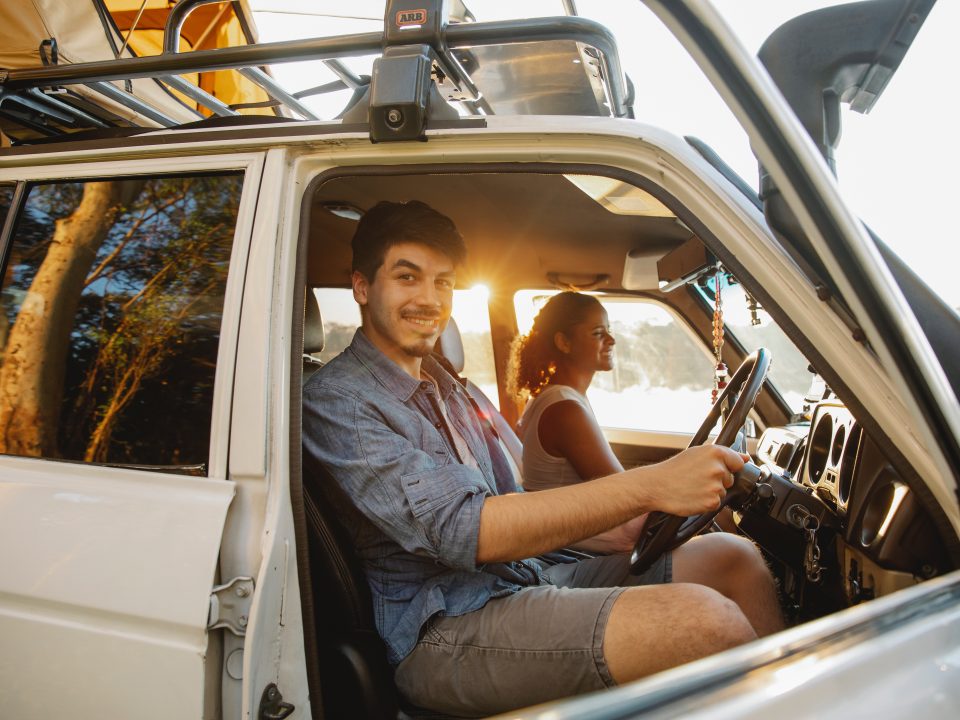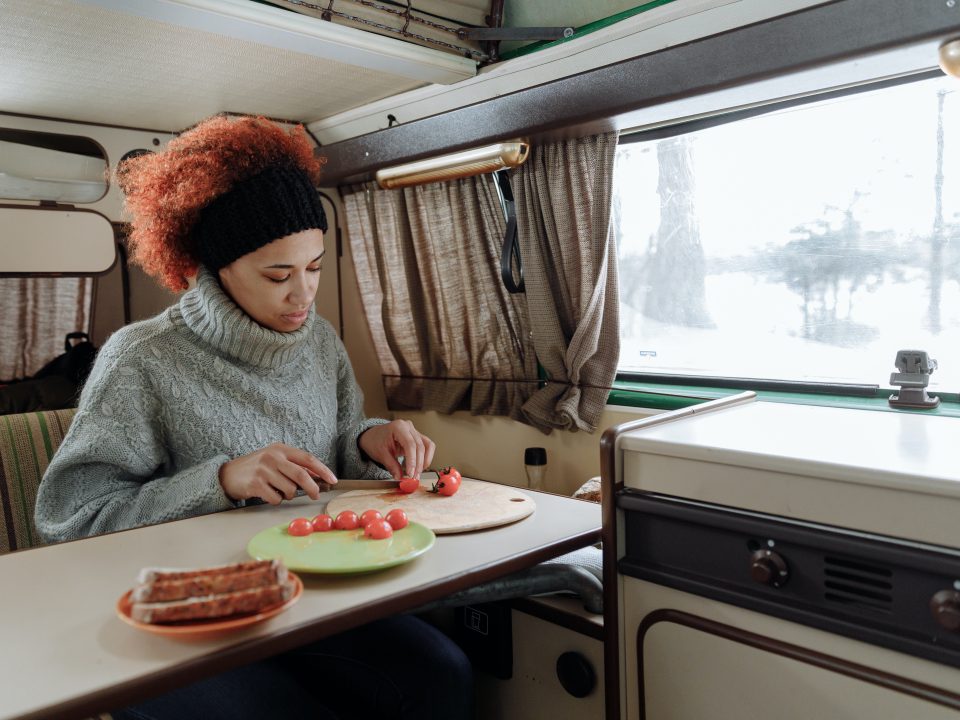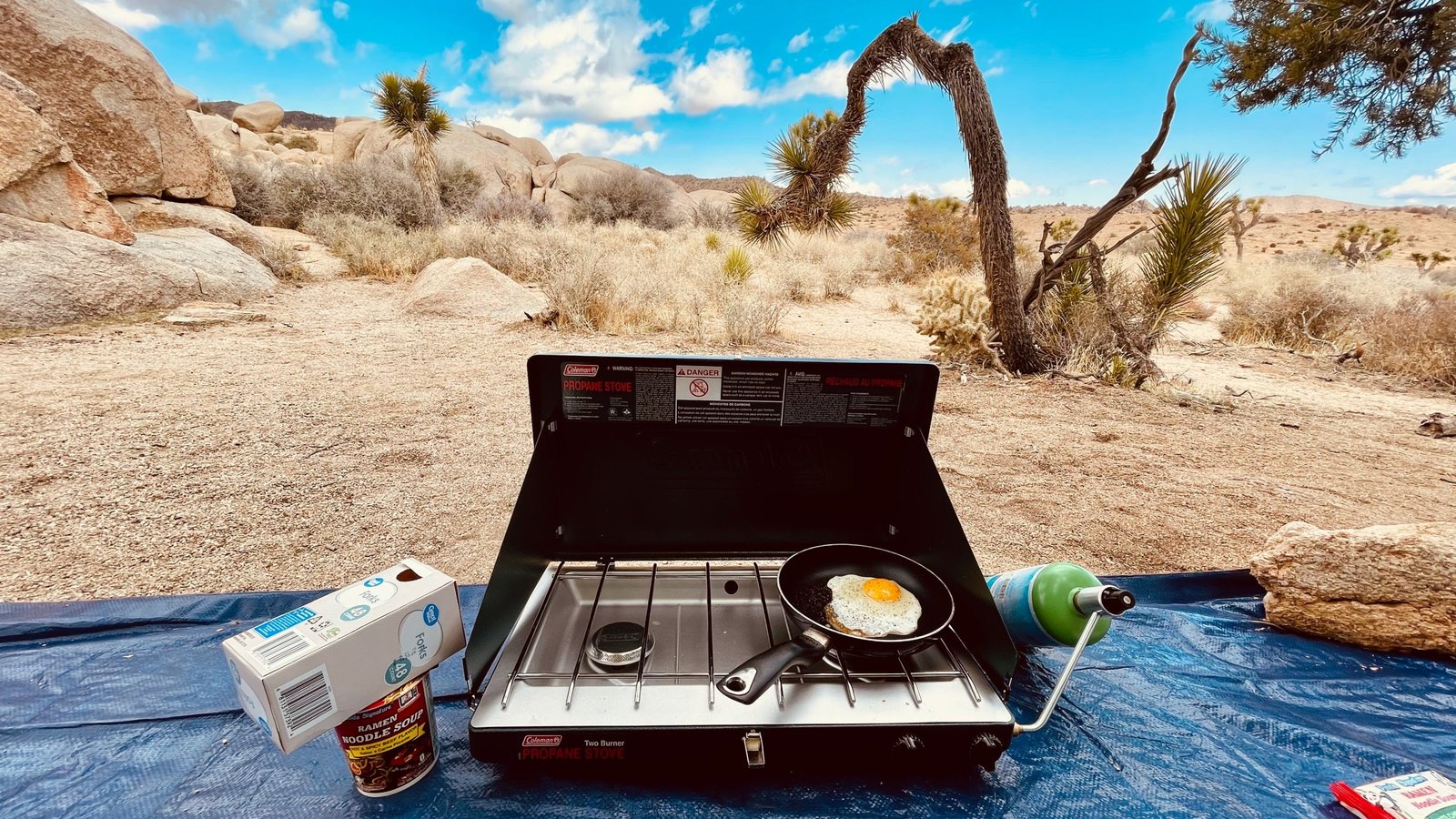
The Best Camping Stove – Buying Guide
May 2, 2023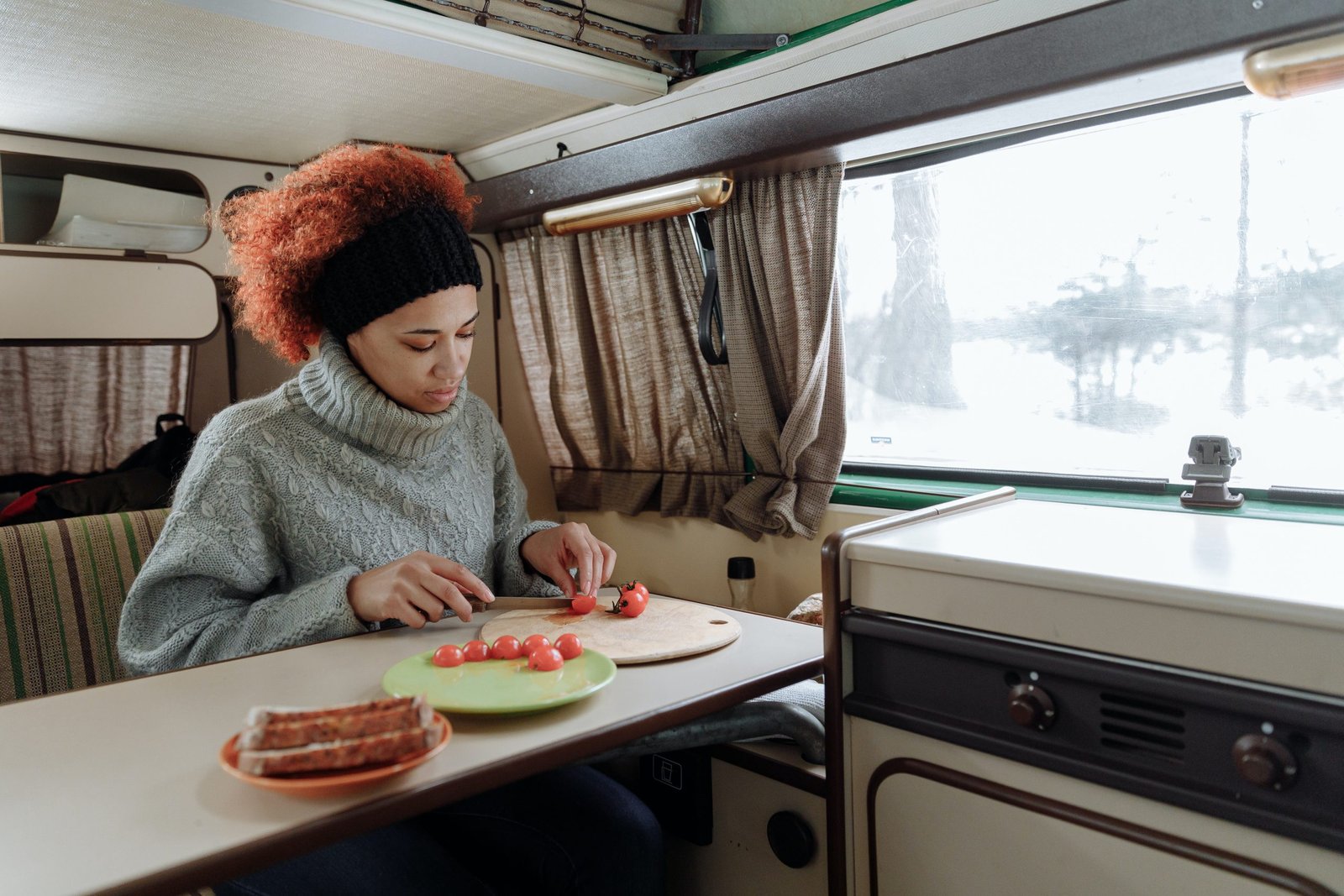
Campervan Kitchens Ultimate Guide: Designs, Safety & More
June 26, 2023Sustainable Travel & Eco-Tips for Campervan Owners
The camping life – and using a campervan – is one of the more eco-friendly ways that you can travel. It’s so much better for the planet than flying, and it has less of a carbon footprint than using a hotel room or staying in a B&B.
And yet, it can always be better. Using a campervan isn’t enough to call yourself a sustainable traveller. There are certain changes you can make to better help the planet.
In this guide we’ll look at what sustainable travel is, and how you can travel in an eco-friendly way with your campervan.


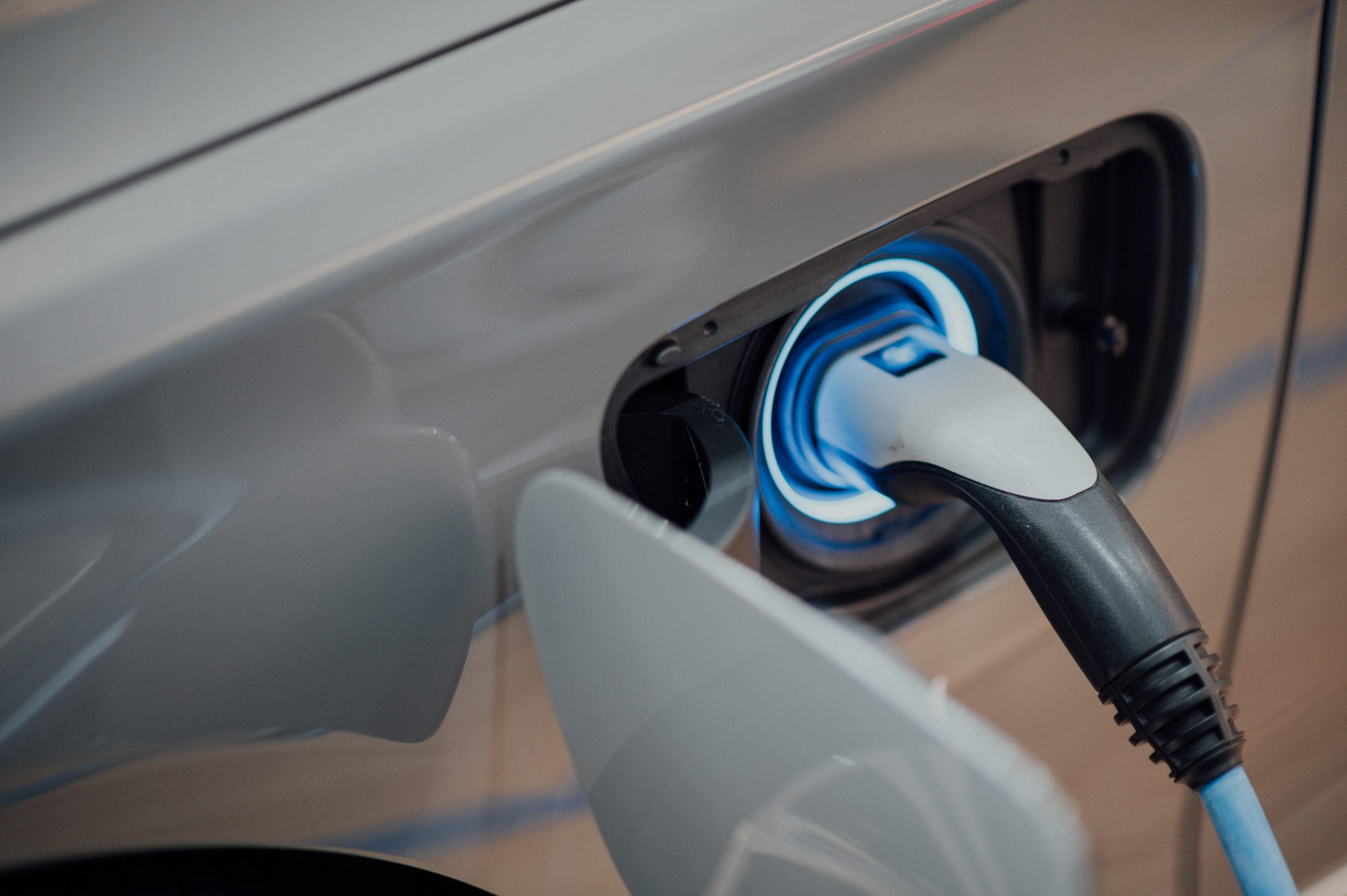
What is Sustainable Travel?
Sustainable travel is the idea of finding a way to travel that minimises the impact on the planet. It’s a concept where you can still enjoy all of the benefits of seeing the world, relaxing and taking a break from regular life, but in a way that doesn’t impact the natural environment in a negative way.
Many of the ways that we, as humans, travel do have significant impacts on the environment. Camping is one of the least impactful, provided you follow some basic guidelines. Using a campervan is a little worse than using a tent, since you’re likely to be using more power in the campervan and that requires fuel. But it’s still much better than flying to a destination abroad or taking a cruise.
Tips to Travel in an Eco-Friendly Way
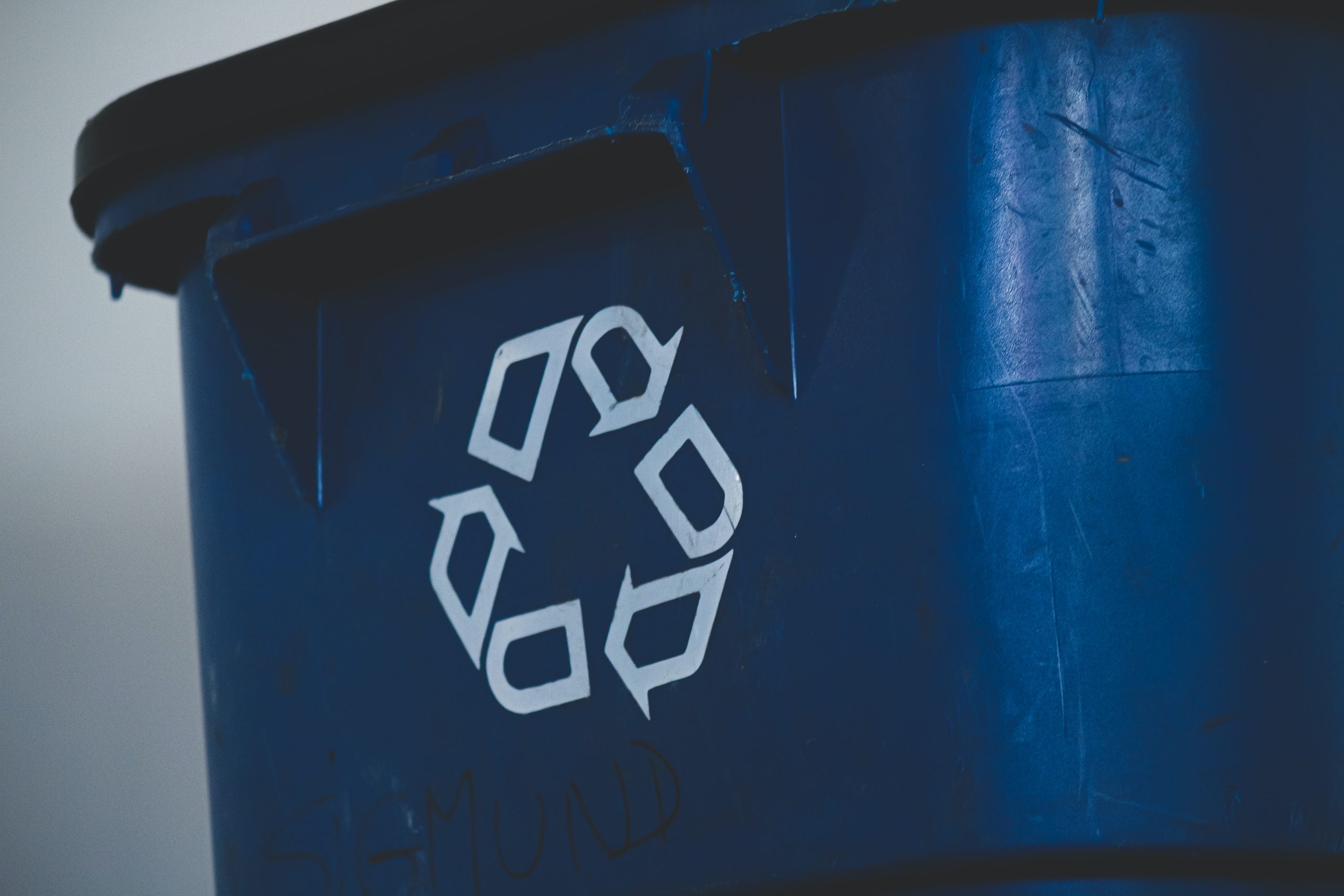
1. Reuse and Recycle
A lot of the impact we have on the planet is in the way that we produce waste products. Single-use plastics, everyday litter, packaging…it all adds up. If you want to use your campervan for sustainable travel trips, that means looking at what you’re using, and trying to reuse and recycle wherever possible.
Where your campsite has recycling bins, use them. If they don’t, try to take your recyclable waste home with you and recycle it there. Pack reusable water bottles, and storage containers that you can re-use for meals or ingredients. If possible, avoid using plastic materials even if you intend to re-use them – they need more chemicals during manufacture, and use up more resources. Bamboo is an excellent alternative – it’s grown easily, and results in plastic-like bowls, plates, cups and containers.
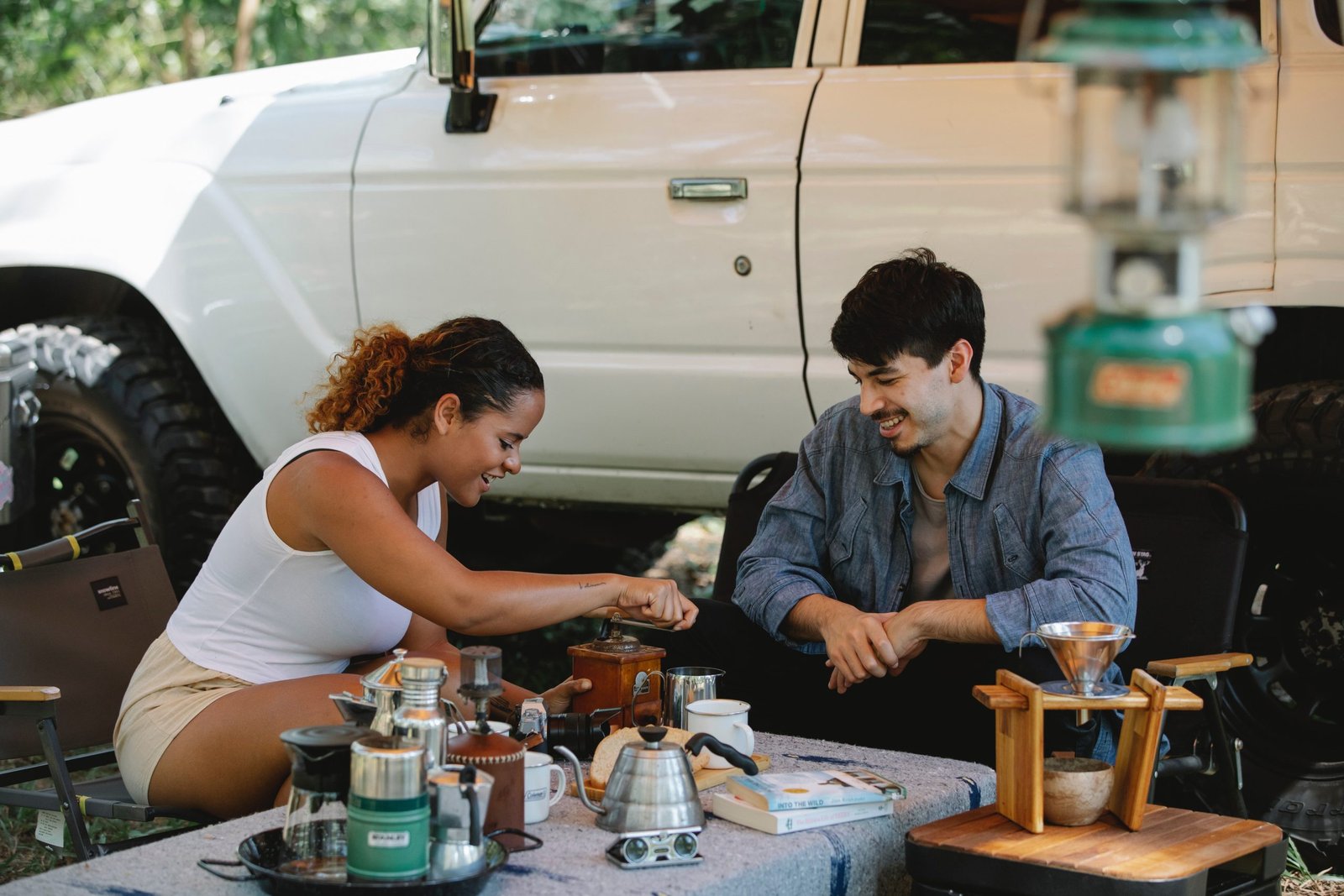
2. Plan Meals and Drinks to Minimise Waste
Food waste is another issue when taking any kind of holiday or camping trip. So, plan your meals in advance, as that way you can minimise the amount of food packaging you need, and also reduce the amount of food you waste.
Prep your meals in advance, where possible, as that way you’ll have more control over the portion sizes, and it means you can cook them easily whilst you’re in your campervan. Check out our guide to campervan cooking for more tips!
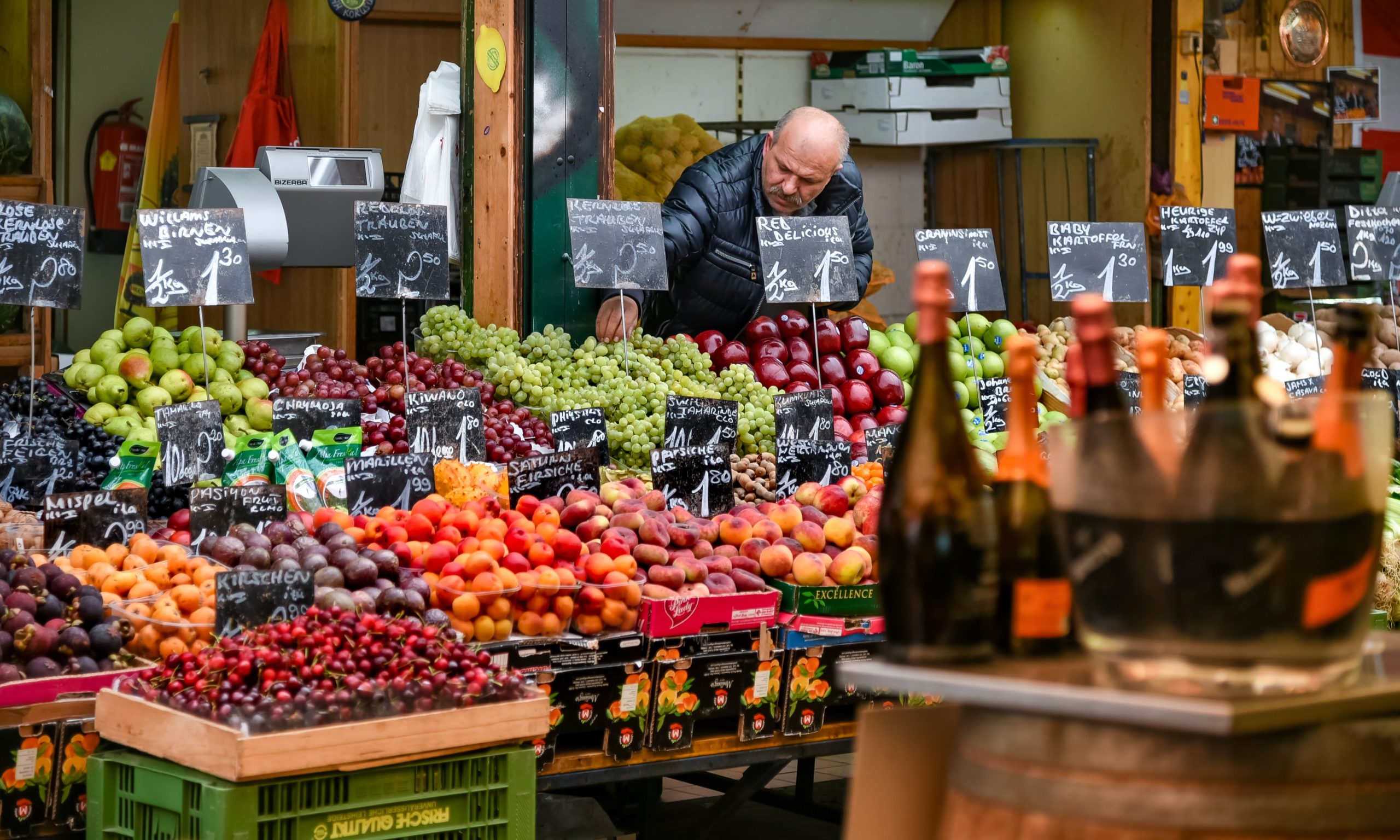
3. Buy Local Where You Can
The further you travel, the more of an impact you have on the planet. Sustainable travel means evaluating all of your journeys and trying to minimise unnecessary driving where possible. When you’re camping, try to avoid long drives to supermarkets just because they’re more convenient.
When you shop local – from smaller stores or farm shops – you’re supporting local businesses who don’t need to use huge lorries all of the time, and you’re driving less yourself. You can also buy food fresh, instead of plastic vacuum-sealed items that again are causing more single-use waste.
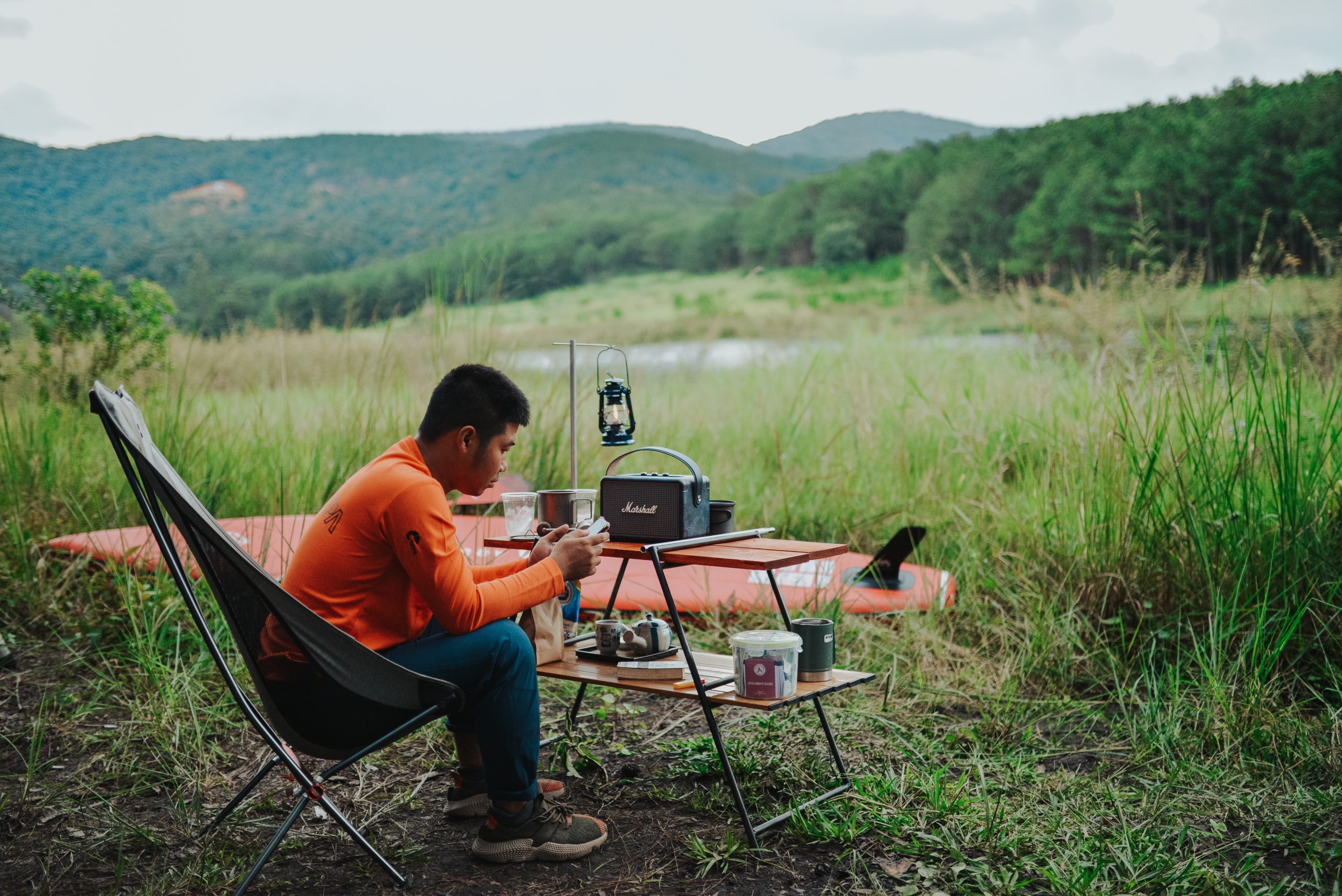
4. Don’t Damage Nature
It may seem like one of the most obvious suggestions for sustainable travel, but it’s an important one – when camping, you need to be careful to observe only, and never to damage the environment in which you’re staying.
This means no off-road driving where it isn’t legal and is likely to damage plants. No cutting down of plant life in order to make yourself a more comfortable campsite. Don’t harass animals – including things like flash photography. And be very careful with any campfires you build – make sure they’re safe.
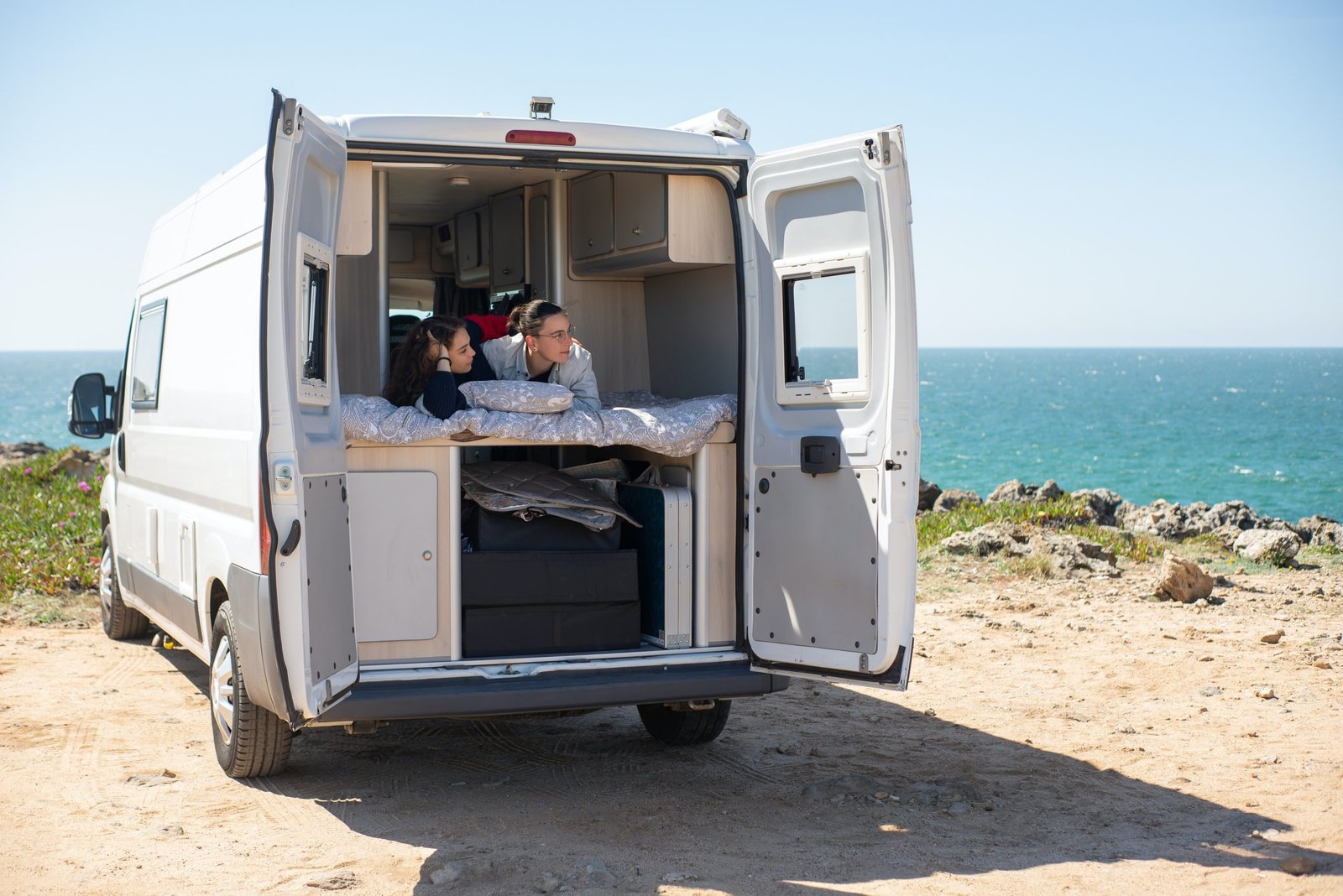
5. Maintain Your Campervan
You’d be surprised how much of an impact a poorly maintained campervan can have on your carbon footprint. A safe campervan will use less fuel and is less likely to leak fluids like oils that can damage the environment when you take your camper on holiday.
Make sure that, before a major trip, you have the campervan inspected to check that it is safe to use. If you camp regularly, then you don’t need a check every time you travel, but regular inspections are good for peace of mind.
Monitor your tyre pressure and keep them inflated, and keep tabs on your oil levels. Anything that could cause a breakdown should be checked before you leave, and tyre pressure will make your campervan less fuel efficient too, so you’ll be wasting petrol or diesel.
Where you have the option, drive in cruise control. This will maximise your fuel efficiency and keep you driving in that optimum range to reduce the amount of fuel you’re using. This of course saves you money as well, so win-win!
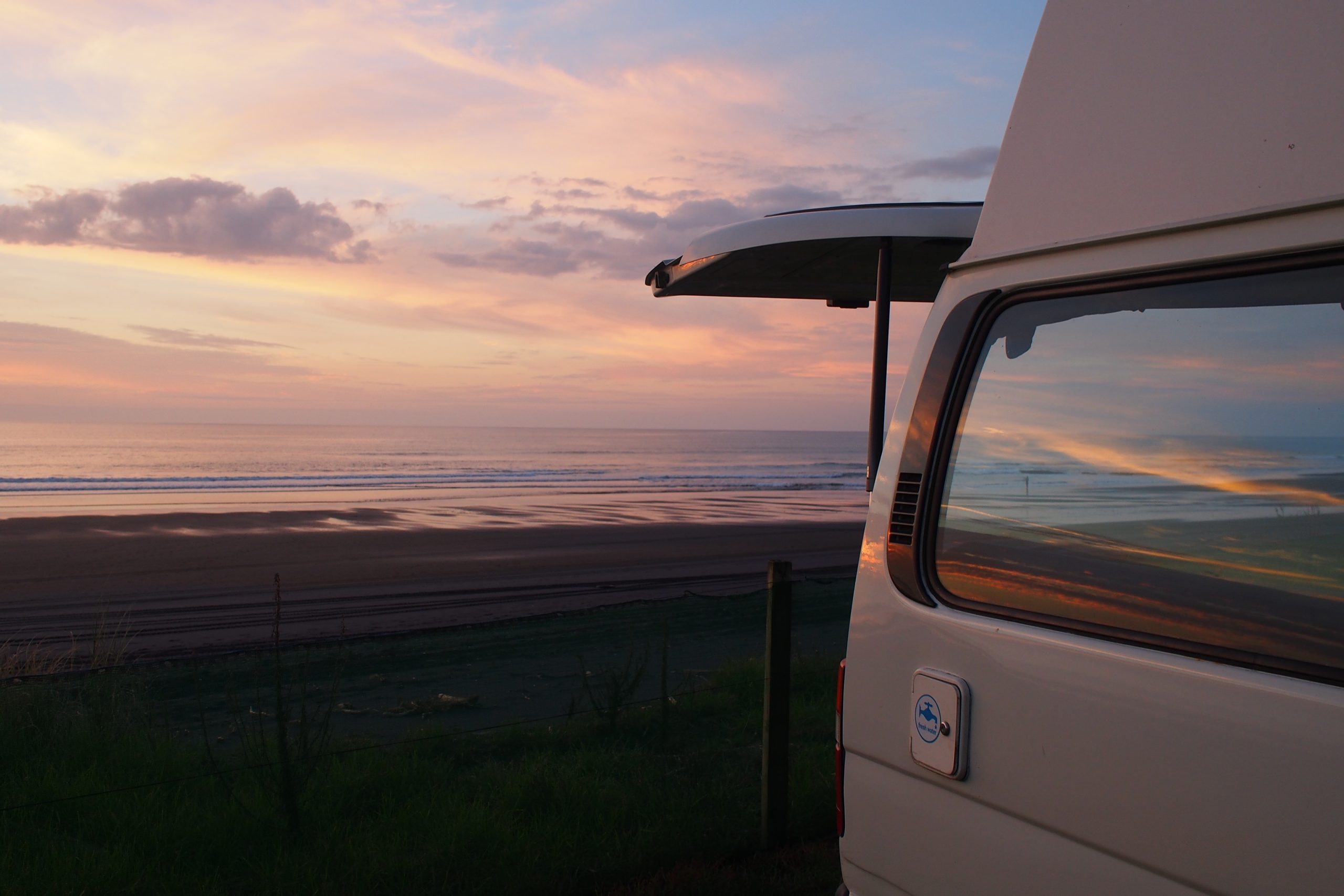
6. Upgrade to an Electric Campervan
Electric campervans are still very new to market. While electric cars are becoming more popular, campervans are still emerging with this new fuel type. You can absolutely find them, but they are more expensive than buying a regular petrol or diesel camper.
Still, if you have the budget, switching to electric will make each camping trip much more sustainable, and you’re future proofing too since electric charging stations are only going to become more popular.
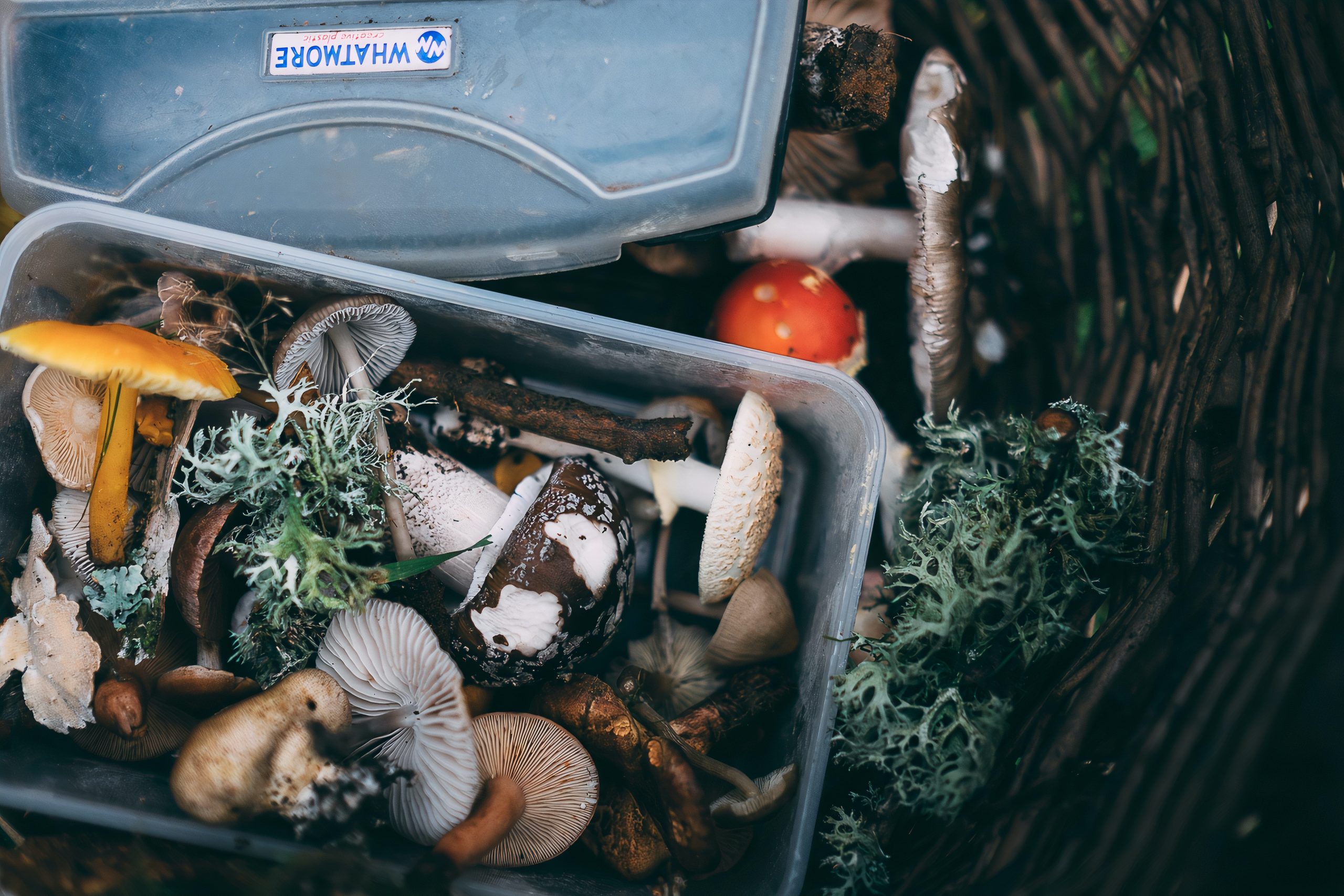
7. Fishing & Foraging
Fishing and foraging can be a great way to use natures resources, reduce plastic waste and experience a truly self-sufficient camping experience. It is absolutely essential to thoroughly research the areas you will be staying to ensure you fish in the correct places and during the correct seasons. Equally, foraging can be dangerous so consider taking a foraging course and bringing plenty of books along with you before embarking on your wilderness adventure!
Little Changes for a BIG Impact; Start Your Sustainable Adventure!
You don’t have to follow all of the tips in this guide if you’re interested in sustainable travel. Making just a few small changes will have a positive change on the way your holidays affect the planet.
You don’t have to beat yourself up if you aren’t the perfect sustainable traveller – but making a little bit of effort to gradually change habits and upgrade to reusable, eco-friendly products will make a big difference.


